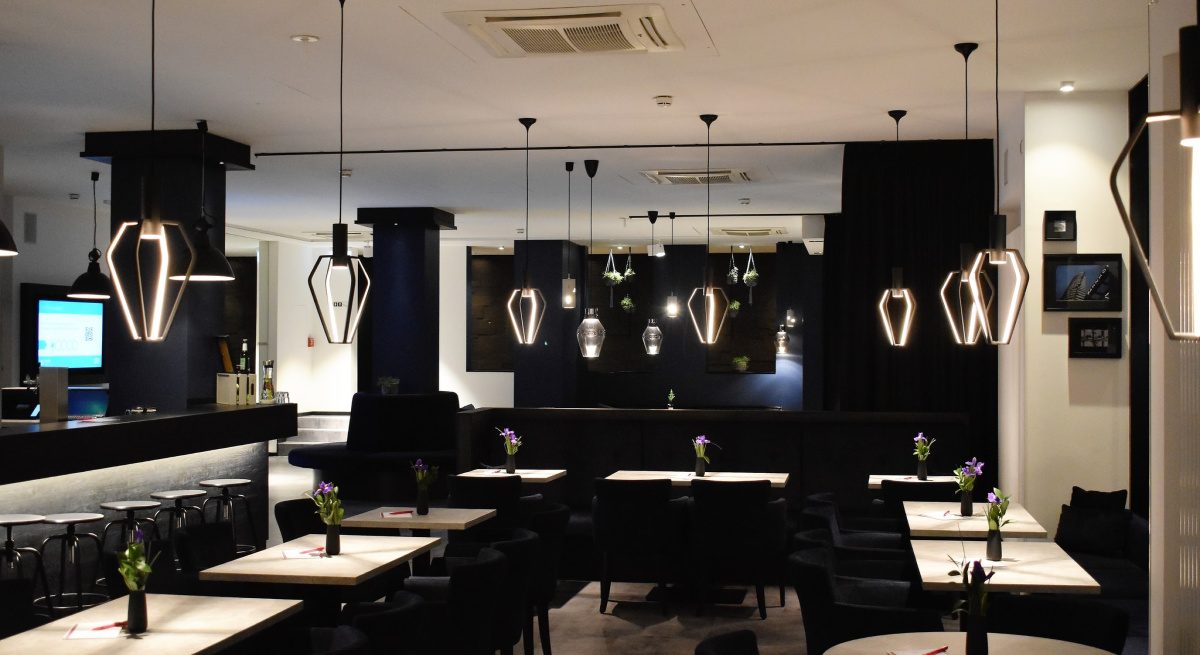What Restaurants Need to Know About the Paycheck Protection Program (PPP)
5 Min Read By MRM Staff
Late last week, the U.S. Small Business Administration Administration launched the Paycheck Protection Program, (PPP) a $349 billion emergency loan program created as part of the Coronavirus Aid, Relief, and Economic Security Act (CARES). The program provides forgivable loans up to $10 million to small businesses left financially distressed by the Coronavirus (COVID-19) pandemic. The loans, which will be administered at the local level by a national network of banks and credit unions, are designed to maintain the viability of millions of small businesses struggling to meet payroll and day-to-day operating expenses.
“These loans will bring immediate economic relief and eight weeks of financial certainty to millions of small businesses and their employees,” SBA Administrator Jovita Carranza said. “We urge every struggling small business to take advantage of this unprecedented federal resource – their viability is critically important to their employees, their community, and the…
Sorry, You've Reached Your Article Limit.
Register for free with our site to get unlimited articles.
Already registered? Sign in!

